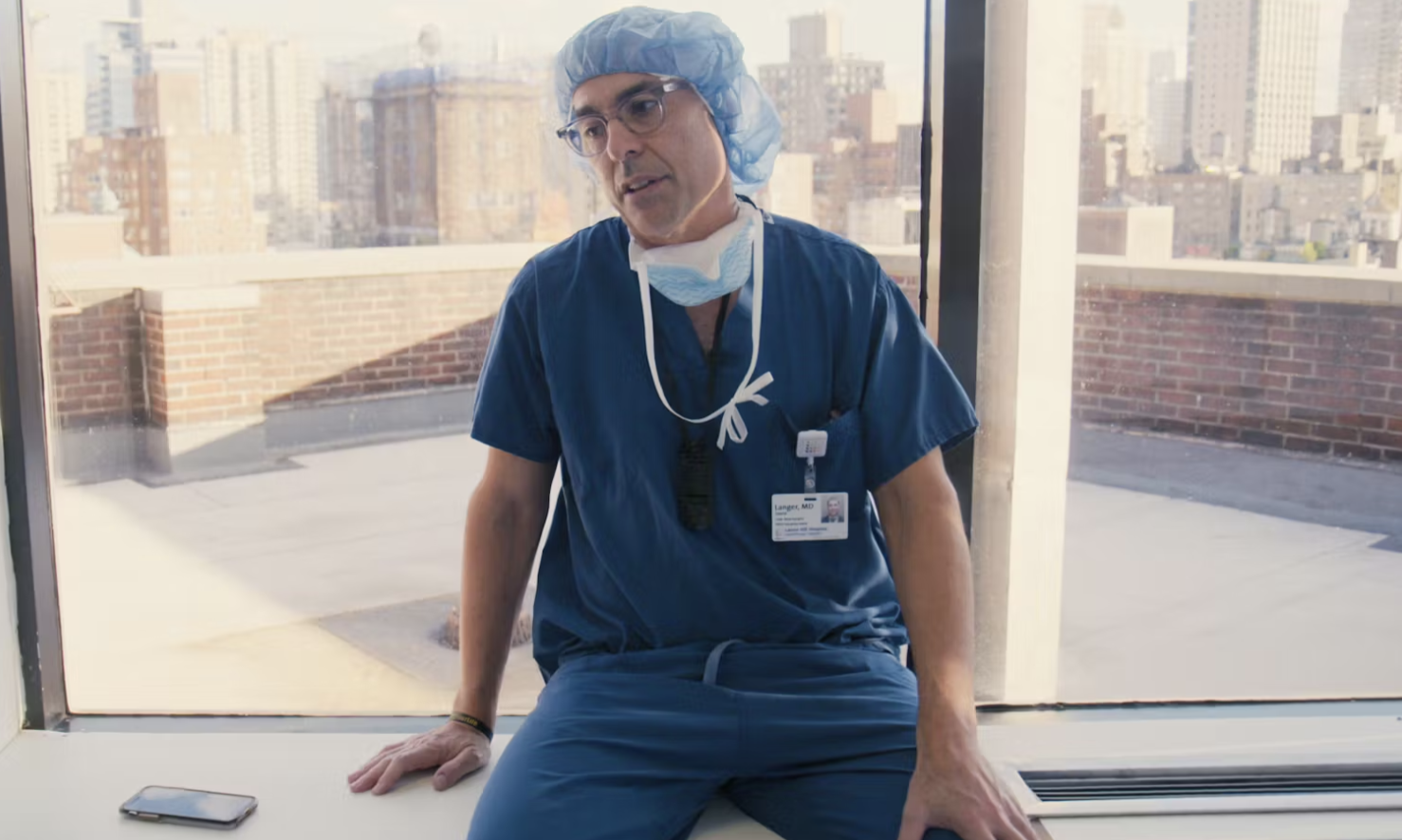Why Healthcare's Most Trusted Profession Deserves Better

For the 23rd consecutive year, nurses are named America's most trusted professionals, according to Gallup's comprehensive ethics polling. This Nurse Appreciation Week, we must confront a troubling paradox: despite unparalleled public trust, we've systematically failed to provide nurses with the working conditions and technological support they deserve.
The people we trust with our most vulnerable moments—our illnesses, our recoveries, our lives—are drowning in administrative work and staffing shortages that prevent them from doing what they do best: caring for patients. This fundamental disconnect between the trust we place in nurses and the support we provide them demands immediate attention.
Respected Yet Unsupported
Nurses are the heartbeat of our healthcare system. They deliver hands-on patient care, manage complex medication regimens, coordinate across specialties, and advocate tirelessly for patients. From hospitals to outpatient clinics to research settings, nurses are the consistent, trusted presence guiding patients and supporting care teams.
Nurse practitioners have expanded care access in underserved communities, further cementing nursing's critical role in healthcare delivery. The public recognizes this value—consistently ranking nurses as more trustworthy than doctors, pharmacists, and other healthcare professionals. Yet this extraordinary public trust has not translated into adequate institutional support.
A workforce under pressure

Despite their vital role, nurses are facing a crisis.
A 2024 Cross Country Healthcare survey revealed that 65% of nurses report debilitating levels of stress and burnout. The primary culprits? Chronic understaffing, inadequate compensation, limited leadership support, and increasingly challenging patient interactions.
The American Nurses Association warns that this persistent neglect is undermining both patient outcomes and workforce sustainability. While the COVID-19 pandemic intensified these pressures, they represent long-standing systemic failures to protect our most trusted healthcare professionals.
Put simply: We ask nurses to care for us at our most vulnerable while failing to create systems that care for them.
The most trusted profession deserves better tools
While AI can’t replace the compassion, communication, and human judgment that define nursing, it can ease the burden of repetitive administrative tasks that fuel burnout. Here are just three simple ways it can help.
1. Reducing Admin Load
AI documentation tools like Playback Pro can save nurses up to 3 hours a day by automating note-taking and EHR updates. Playback Pro’s ambient scribe functionality and smart documentation suggestions reduce 20–35% of paperwork during a shift, lifting a huge cognitive and administrative load.
2. Preventing Burnout
Predictive AI tools can adjust staffing schedules based on workload and stress indicators, helping prevent fatigue-induced medical errors. This not only improves patient outcomes but also protects nurses from long-term exhaustion and burnout. Protecting the well-being of care providers means more than making sure they are staffed appropriately, it also means giving them tools to help them be successful.
3. Enhancing Care Quality
By handling back-end documentation and administrative burden, AI enables nurses to spend more time delivering hands-on, human-centered care. Most nurses got into this profession precisely for that reason. Technology that prioritizes this human element acknowledges what truly matters in healthcare.

But it's not all on AI and technology. Addressing the disconnect between public trust and institutional support requires comprehensive action:
During Nurse Appreciation Week, we thank our nurses–but more importantly, we fight for the working conditions and careers that these hard-working individuals deserve. That means better staffing ratios, higher wages, stronger protections, and smarter tools that allow them to do their jobs safely and sustainably.
AI could never replace nurses, but it can improve their working conditions and make them more likely to stay in the profession. By integrating thoughtful AI solutions like Playback Pro into nursing workflows, we can help restore balance, improve patient care, and build a stronger, more resilient nursing workforce for the future.
What's new at Playback Health?

The “Basilar Ganglia” That Wasn’t: Why Accuracy in Healthcare AI Matters More Than Ever

The “Basilar Ganglia” That Wasn’t: Why Accuracy in Healthcare AI Matters More Than Ever

Why Dr. David Langer Believes Ambient AI Is the Future of Patient Communication

How Playback Pro Is Ushering in a New Era for Air Medical Transport


.png)


.svg)

